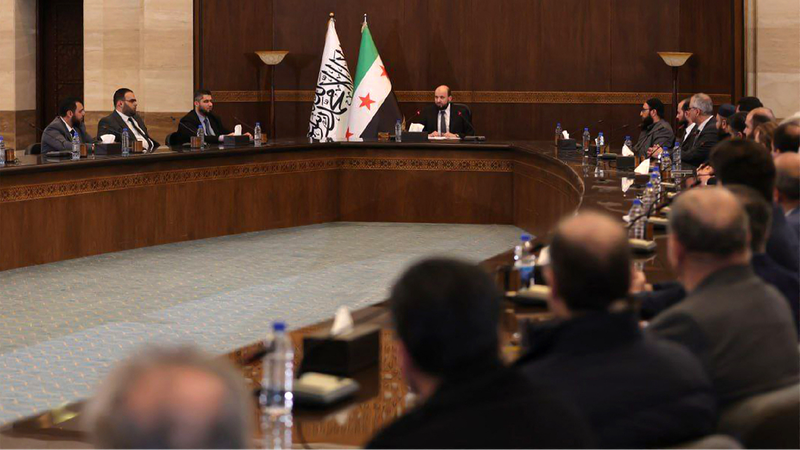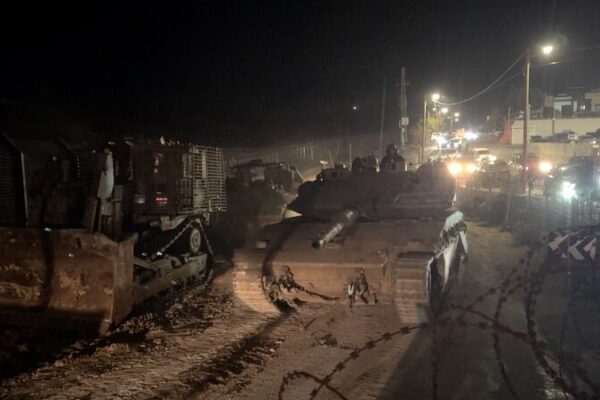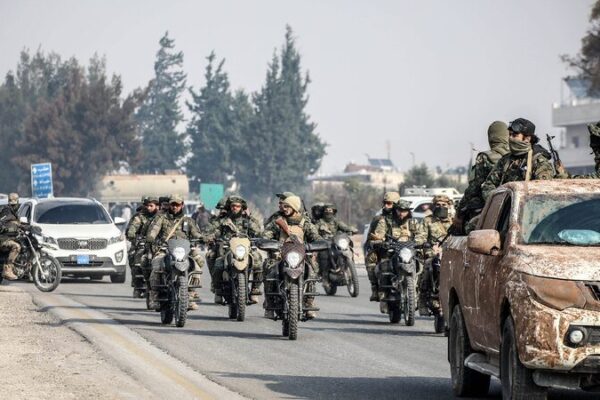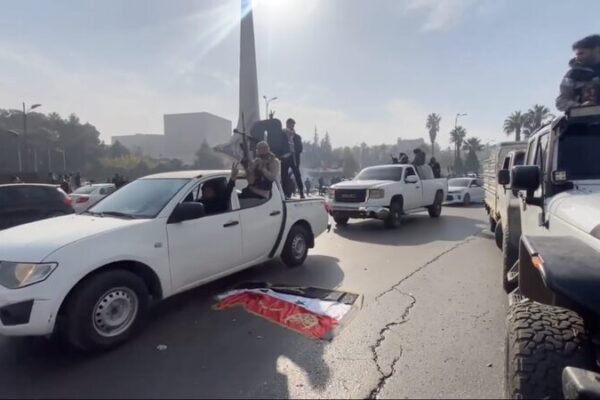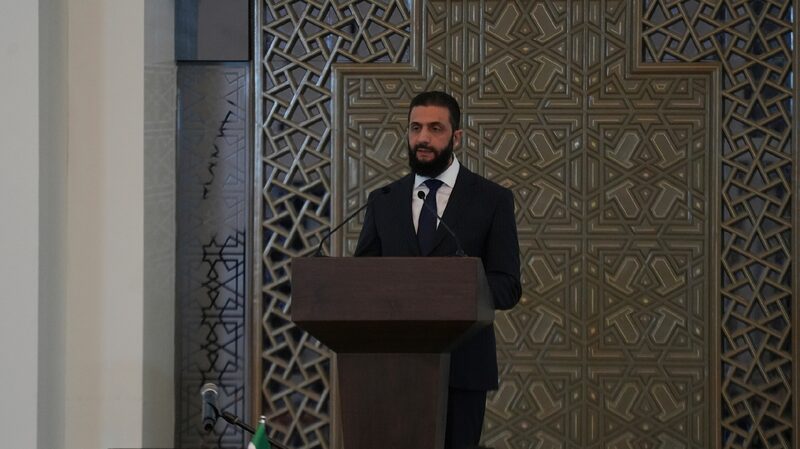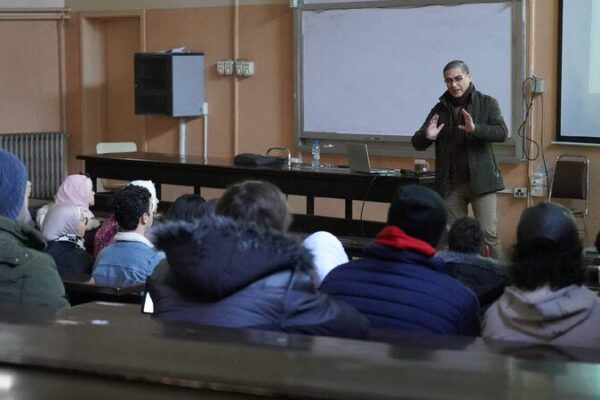Damascus, Syria — In a surprising turn of events, Mohammed al-Bashir, a relatively unknown figure, announced on Tuesday that he is assuming the role of Syria’s interim prime minister. Backed by former rebels who ousted President Bashar al-Assad three days ago, al-Bashir steps into leadership during a pivotal moment for the nation.
In a brief address on state television, al-Bashir stated, “Today we held a cabinet meeting focused on transferring files and institutions to oversee the government.” He is set to lead the interim authority until March 1.
Banks Reopen as Normalcy Returns
In Damascus, signs of normal life began to reappear. Banks reopened for the first time since Assad’s departure, shops lifted their shutters, traffic flowed through the streets, and city workers resumed cleaning efforts. The presence of armed personnel noticeably decreased.
According to sources close to the rebels, commanders have ordered fighters to withdraw from cities. Police and internal security forces affiliated with the main rebel group, Hayat Tahrir al-Sham (HTS), are being deployed to maintain order. HTS, once affiliated with al-Qaeda, has recently shifted its focus away from its extremist roots.
Ceasefire Reached in the North
A ceasefire has been brokered between the U.S.-backed Syrian Democratic Forces (SDF) and the Türkiye-backed Syrian National Army (SNA) after intense fighting around the northern city of Manbij. SDF commander Mazloum Abdi announced early Wednesday that fighters from the Manbij Military Council will withdraw from the area promptly.
The truce follows U.S. mediation efforts and aims to ensure the safe withdrawal of SDF forces from Manbij, which had been a point of contention. The SDF has been a crucial ally in the fight against Islamic State militants, while Türkiye views elements within the SDF as linked to the outlawed Kurdistan Workers Party (PKK).
Regional Tensions Rise After Israeli Strikes
Israel’s military confirmed it conducted over 350 airstrikes across Syria in the past 48 hours, targeting advanced weaponry and strategic stockpiles. Missile vessels also struck naval facilities at Al-Bayda and Latakia ports.
The Israeli Defense Forces stated the operations aimed to prevent weapons from “falling into the hands of terrorist elements.” Israeli Prime Minister Benjamin Netanyahu expressed a willingness to engage with Syria’s new government but issued a stern warning against allowing Iranian influence or weapon transfers to Hezbollah.
Following Assad’s exit, Israeli troops advanced into the demilitarized zone established after the 1973 Arab-Israeli war, taking control of an abandoned military post on Mount Hermon. While Israeli officials deny significant penetration into Syrian territory, the move has drawn condemnation from Türkiye, Egypt, Qatar, and Saudi Arabia.
Calls for De-escalation
Geir Pedersen, the United Nations Special Envoy for Syria, urged Israel to cease military operations within Syria. “We are continuing to see Israeli movements and bombardments into Syrian territory. This needs to stop,” Pedersen stated during a press conference.
The international community watches closely as Syria navigates this transitional period, with hopes that peace and stability can be restored to the war-torn nation.
Reference(s):
Rebel-backed figure takes charge as Syria's interim prime minister
cgtn.com
